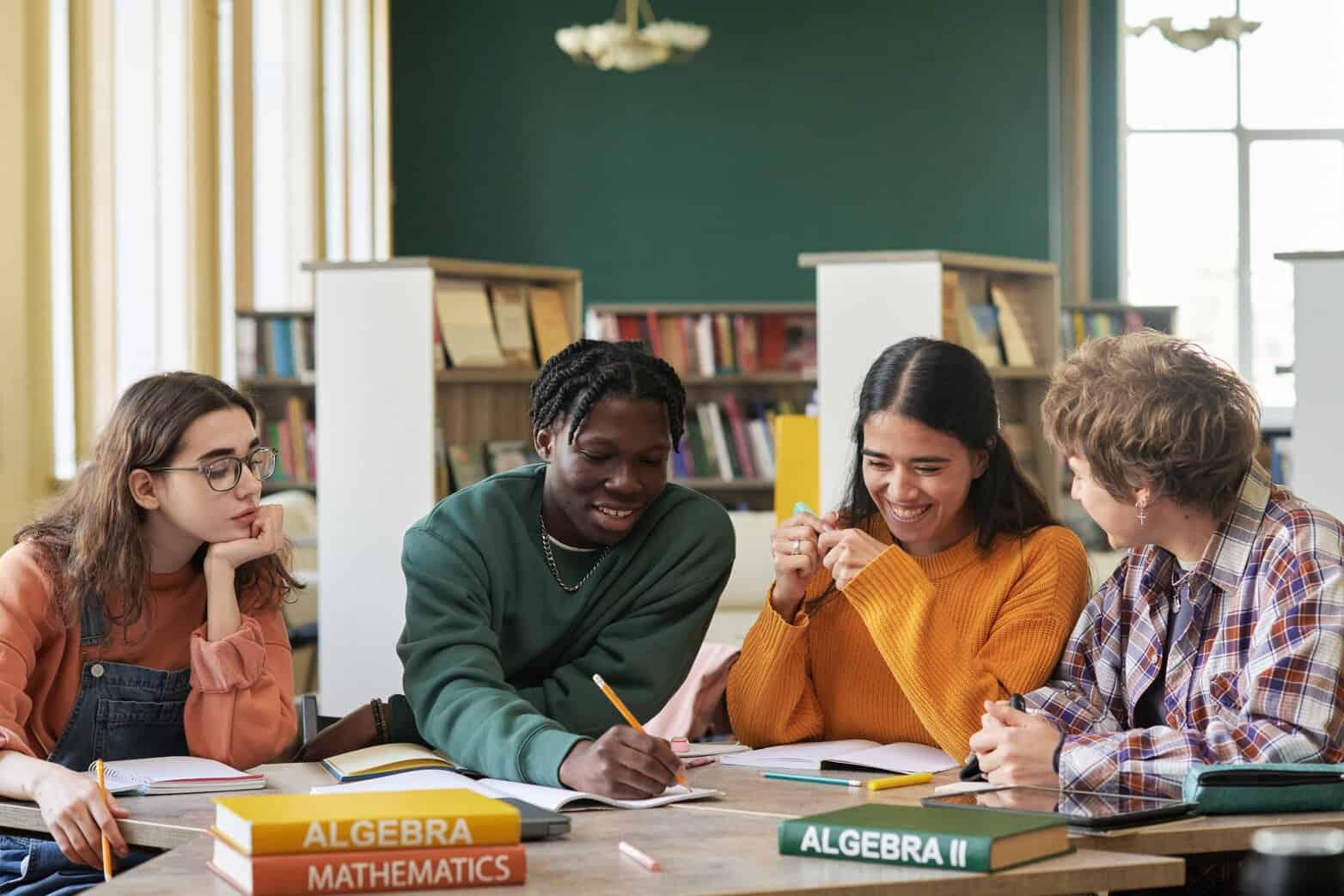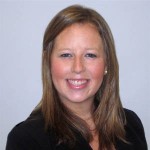While many publishers are working hard to refine their textbooks to align with the Common Core State Standards (CCSS), many classroom educators are working just as hard to make the best of what they have on hand right now. Since the Standards were first adopted five years ago, we’ve seen an influx of teachers putting their creative minds to work, either developing their own materials from scratch, surfing the web for high-quality, free materials with which to supplement their existing curricula, or adapting their existing materials to fulfill the needs of the CCSS and, most importantly, the needs of their students.
The Adapting Materials Project, a 12-month pilot funded by the Leona M. and Harry B. Helmsley Charitable Trust and The William and Flora Hewlett Foundation, focuses on the challenging, yet worthwhile work of adapting instructional materials. While the project aims to produce free, high-quality, CCSS-aligned instructional materials for distribution across the country, it also seeks to answer key questions: What are the most critical problems with today’s instructional materials? How can we best support districts and teachers in adapting their current materials? Is there a model process or resources we can share to help teachers, schools, or districts who want to adapt their own materials?
In January 2015, Student Achievement Partners and Achieve hosted two separate advisory panel meetings. Through these meetings, experts from the field identified the critical areas where current instructional materials were missing the mark when it came to CCSS alignment. The areas identified by the panel laid the foundation for the work with four pilot districts, including Harrison Township (NJ), Stamford Public Schools (CT), The Partnership for Inner-City Education (NYC private) and Explore Schools (NYC charter network). Each district or charter network received a multi-day training on the Common Core State Standards and Shifts as well as how to identify them in curricular materials. Then, teams from each district took on the challenge of adapting existing materials to address some of the issues identified by the expert panel. Simultaneously, Achieve also publicized a “call to action,” seeking educators to submit high-quality open educational resources (OER) that address the problem areas identified by the panel.
The impact of this work stretches from the four pilot districts in the northeast to many educators across the U.S. Whether you are looking for strategies to help you adapt your existing materials, or are searching for high-quality OER units, stay tuned for an exciting and informative blog series to come!

















